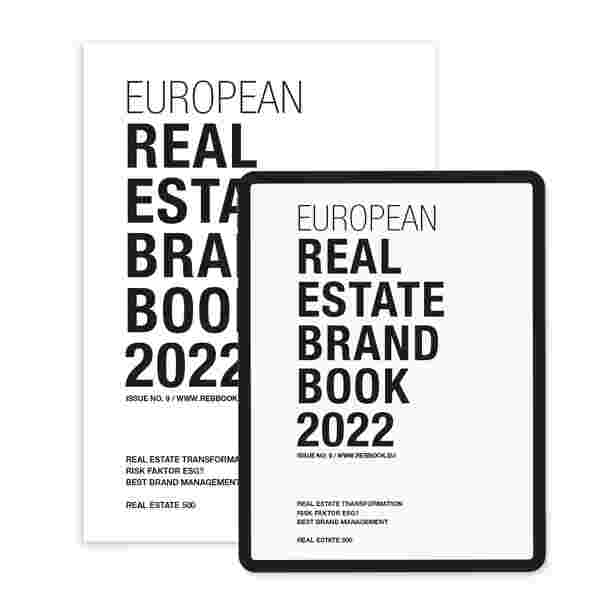E, S & G - AND WHAT'S BEHIND THEM
Sustainability, decarbonisation, ESG - the real estate industry seems to have finally recognised the signs of the times. Europe and companies with leadership quality are leading the way - partly out of conviction and partly driven by internal and external pressure. The ESG challenge is also becoming a brand challenge.
Next Article

Relevance of Marketing
ReadContainer for the dynamic page
(Will be hidden in the published article)

